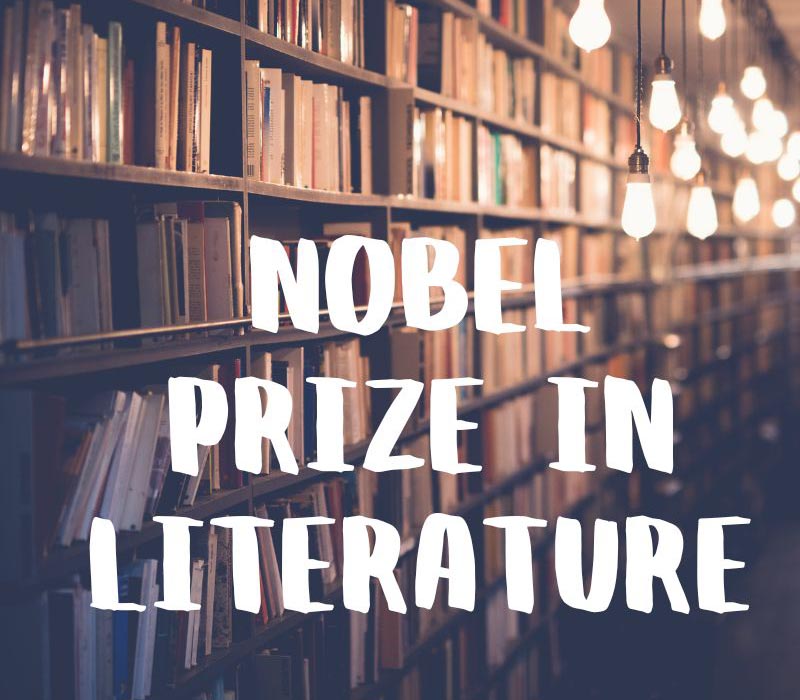
Nobel Prize in Literature award author, but usually the Academy mentions specific work which gave particular recognition. Every year they announce candidates and in the end, they chose the winner. The first winner was a French poet and essayist Sully Prudhomme in 1901. This article collected winners about 1 author per decade and their popular books. It is the second part of the article. The first part is here.
Nobel Prize in Literature: John Steinbeck
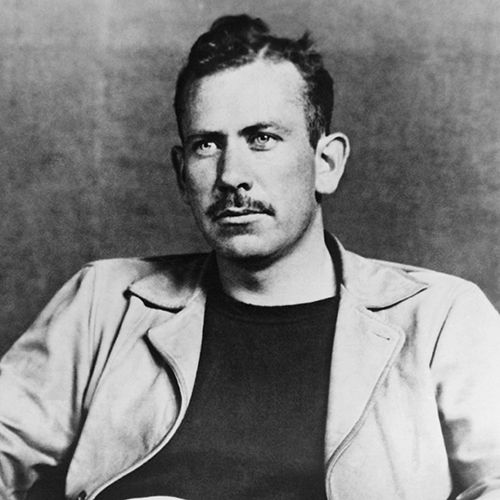
Style: social realism
Genre: Fiction
John Steinbeck was an American novelist who received the Nobel Prize in 1962 for his works “Grapes of Wrath” and “Of Mice and Men”.
He was born on 27 February 1902 in California to a family of German, English, and Irish descent. John Steinbeck studied English literature at Stanford University but left University in 1925. While writing he worked in various places as a caretaker and tour guide. Steinbeck achieved his first success in 1935 with the book “Tortilla Flat”.
Some interesting facts about John Steinbeck:
- His paternal grandfather Johann Adolf Großsteinbeck was from Germany and was a founder of the messianic farming colony in Palestine. But after his brother was attacked and killed he immigrated to the USA. In the USA he changed his surname to Steinbeck. Steinbeck’s relatives still live in Germany.
- John Steinbeck married 3 times and had 2 sons from his second wife.
- He faced accusations of communism, due to his work about social problems in the USA. As a result, he even traveled to USSR and wrote a book about this. But after Vietnam’s war, he changed his mind and supported the USA in this conflict, which led to accusations of betrayal in the USSR and communistic ideas.
- He had several dogs.
- His 5 books were turned into movies.
- “Of Mice and Men” is one of the popular Steinbeck stories.
John Steinbeck’s books that you can read:
- “To a God Unknown”;
- “Of Mice and Men”;
- “Grapes of Wrath”;
- “East of Eden”;
- “The Short Reign of Pippin IV: A Fabrication”;
- “The Winter of Our Discontent”;
- “Of Mice and Men”.
Quotes John Steinbeck:
“I wonder how many people I’ve looked at all my life and never seen.”
“It’s so much darker when a light goes out than it would have been if it had never shone.”
“I got you to look after me, and you got me to look after you, and that’s
why.”
Nobel Prize in Literature: Isaac Bashevis Singer
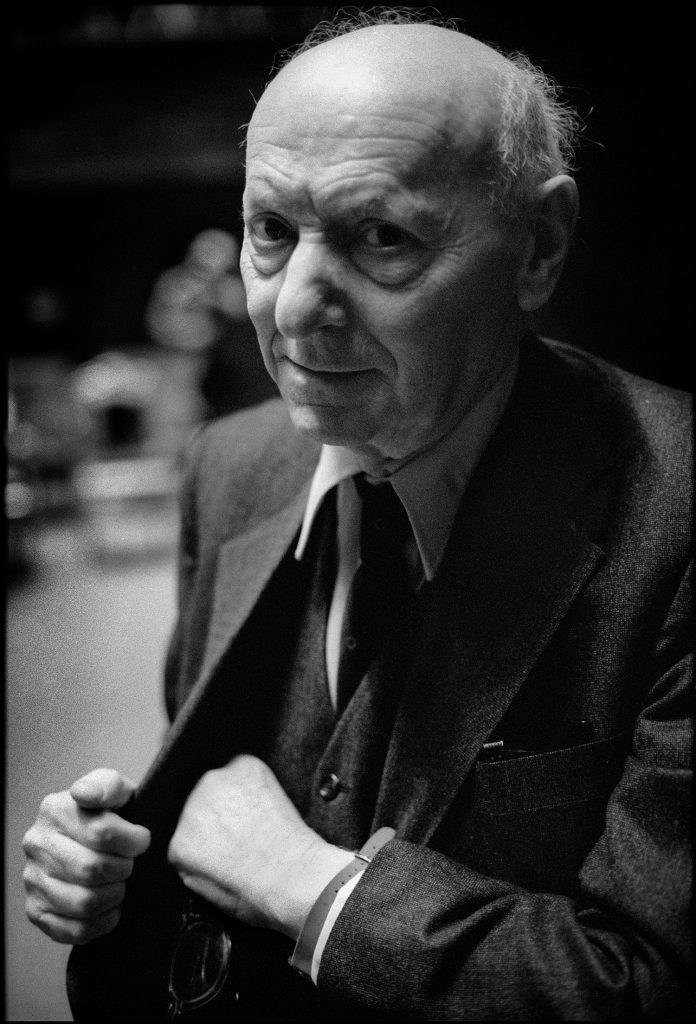
Style: historical fiction
Genre: fiction, short stories
Isaac Bashevis Singer is considered an American writer who received the Nobel Prize in 1978.
He came into the world in Poland in 1904. His father was a Hasidic rabbi, and his mother was from a Mitnagdim rabbi family, which led to his traditional Jewish education. After ended up his education he faced a choice between becoming a rabbi or a writer, as we understand he decided to be a writer. His first work was written in 1925. Singer immigrated to the USA in 1935, where he had been working as a journalist for a Yiddish newspaper for many years.
Some interesting facts about Isaac Bashevis Singer:
- He is considered officially an American author, but he always wrote in Yiddish, because believed in the power of the native language. In reality, he was more a Jewish writer than an American one.
- Some of his works have still not been translated.
- Isaac selected illustrators for his books, especially books for children.
- Although he felt a connection with his orthodox roots and believed in God, he stopped practicing the Jewish religion.
- Despite his contradictions in religion Singer lived all his life within the Jewish community.
- Singer was a vegetarian for 35 years. He wrote about this aspect of his life in his books either.
Isaac Bashevis Singer’s books that you can read:
- “Satan in Goray”;
- “The Slave”;
- “The Magician of Lublin”;
- “The Family Moskat”;
- “Shadows on the Hudson”.
Quotes Isaac Bashevis Singer:
“I did not become a vegetarian for my health, I did it for the health of the chickens.”
“When I was a little boy, they called me a liar, but now that I am grown up, they call me a writer. ”
“Life is God’s novel. Let him write it.”
Nobel Prize in Literature: Gabriel García Márquez
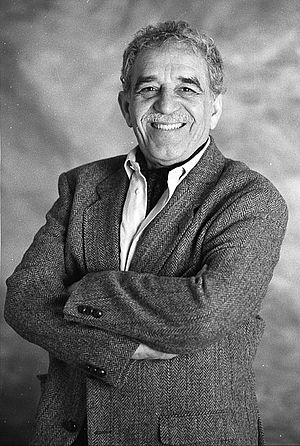
Style: magic realism, absurd
Genre: fiction, short story
Gabriel García Márquez received the Nobel Prize in 1982. He is the most popular author from Columbia.
He came into the World in 1927 in a small provincial town. After Gabriel’s birth, his parent had to move to another city and left the child with the grandparents. As a result, Márquez grew up with his maternal grandparents. His grandfather was a colonel in Colombia’s civil war, which influenced Gabriel’s works.
Some interesting facts about Gabriel García Márquez:
- Gabriel García Márquez was a committed socialist.
- He was working as a journalist.
- He had a Friendship with Fidel Castro and believed in the Cuban Revolution.
- He met his wife when he was 12 and she was 9, but they married just in 1958 when he was 31 and she was 28.
- “One Hundred Years of Solitude” is Márquez’s most popular work.
- Almost all stories in books were inspired by his childhood. His grandparents told him different stories about the civil war.
- He did not know his parents before 7 years. Due to this, he had no close relationship with his mother and father.
Gabriel García Márquez’s books that you can read:
- “In Evil Hour”;
- “One Hundred Years of Solitude”;
- “The Autumn of the Patriarch”;
- “Love in the Time of Cholera”;
- “The General in His Labyrinth”;
- “Of Love and Other Demons”;
- “We Will Meet in August”.
Quotes Gabriel García Márquez:
“What matters in life is not what happens to you but what you remember and how you remember it.”
“It is not true that people stop pursuing dreams because they grow old, they grow old because they stop pursuing dreams.”
“Perhaps this is what the stories meant when they called somebody heartsick. Your heart and your stomach and your whole insides felt empty and hollow and aching.”
Nobel Prize in Literature: Kenzaburo Oe
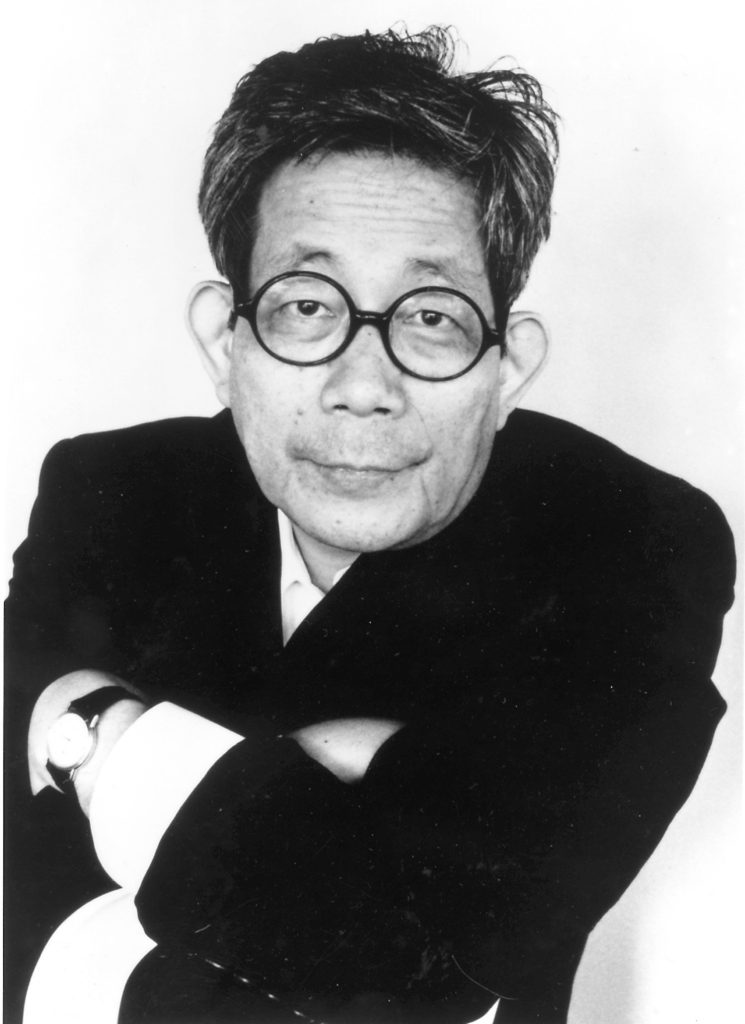
Style: historical fiction
Genre: fiction, short story
Kenzaburo Oe is a Japanese novelist, who received the Nobel Prize in 1994. His work focuses more on the post-World II periods with his stories expressing the rebellion of this generation.
He was born in 1935 in a small Japanese village surrounded by a forest. His family had been living there for more than a hundred years. Kenzaburo was the third of seven children, growing up in a typical traditional Japanese family, as a result, his childhood was filled with folk stories and myths. While he was studying at the university, he began to write his first stories. His first work was published in 1957.
Some interesting facts about Kenzaburo Oe:
- He was influenced by French literature. He was heavily inspired by French writers that help him create a new style in literature.
- He almost turned down his Nobel Prize. His son did not understand very well English when he spoke with the committee member. But after Kenzaburo Oe took the phone and could explain the situation.
- Kenzaburo is a committed pacifist.
- His son was born with a brain hernia. After surgery, he was left intellectually disabled.
Kenzaburo Oe’s books that you can read:
“Understanding comes hard to persons of high rank who are accustomed to phony lifestyles that involve no daily work.”
“We are much too tolerant of the moral aberration of statesmen and bureaucrats.”
“More often than not he finds what he is looking for, and it destroys him.”
Nobel Prize in Literature: Orhan Pamuk
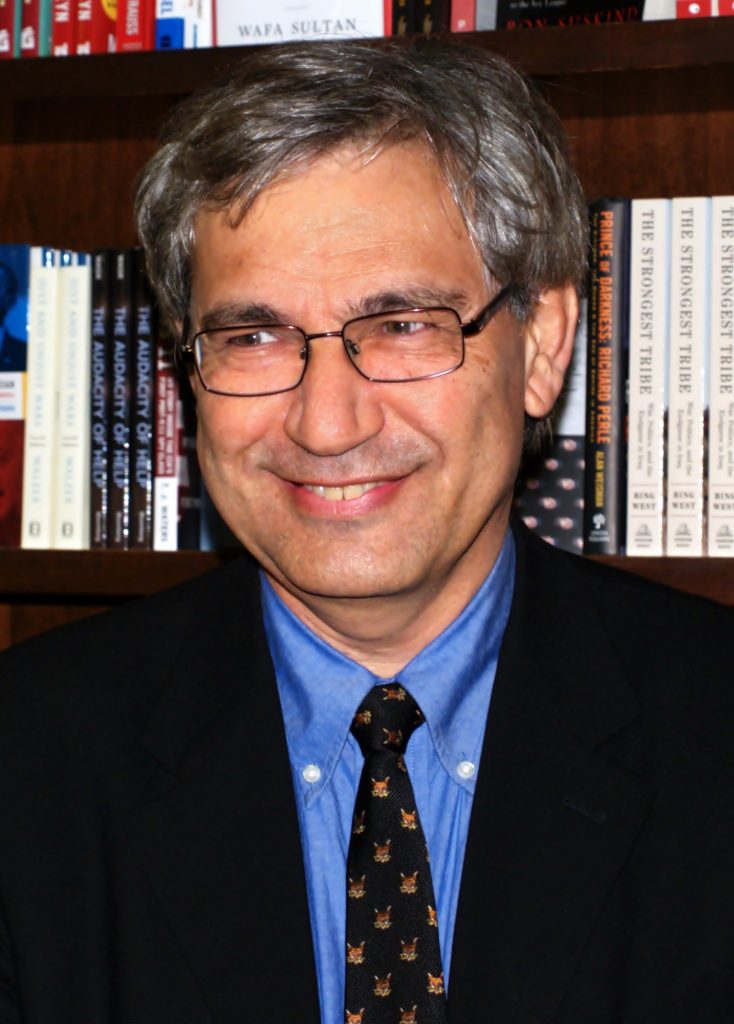
Style: realism, historical fiction, modernism
Genre: Fiction
Orhan Pamuk is a Turkish novelist, who received the Nobel Prize in 2006.
Pamuk was born in Istanbul in 1952. He grew up in a wealthy family, which he described in his novel “The Black Book”. From 1985 to 1988 he lived in the USA. While living there, he learned architecture at Istanbul Technical University and visiting scholar at University in New York. His carrier as a writer started in 1974 when he wrote his first novel.
Some interesting facts about Orhan Pamuk:
- Almost all of the author’s novels have autobiographical elements.
- Orhan Pamuk often portrays Islamic culture but believes that Turkey’s path lies in the West.
- In one interview he acknowledged the Armenian genocide, which led to criticism from Turkey, and was put on trial.
Orhan Pamuk’s books that you can read:
- “My Name Is Red”
- “The Museum of Innocence”
- “Silent House”
- “The White Castle”
Quotes Orhan Pamuk:
“I read a book one day and my whole life was changed.”
“How much can we ever know about the love and pain in another heart? How much can we hope to understand those who have suffered deeper anguish, greater deprivation, and more crushing disappointments than we ourselves have known?”
“Tell me then, does love make one a fool or do only fools fall in love?”
Nobel Prize in Literature: Kazuo Ishiguro
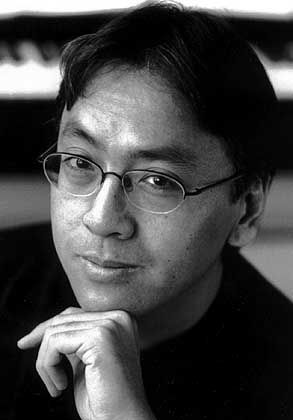
Style: science fiction, magic realism, absurd
Genre: Fiction
Kazuo Ishiguro is a Japanese novelist living in the United Kingdom. He received the Nobel Prize in 2017 for the book “The Remains of the Day”
He was born in Nagasaki, Japan, in 1954 in a family of oceanographers. In 1960 they relocated to the UK for inviting to the National Institute of Oceanography. In 1974 Ishiguro studied at the University philosophy and English.
Some interesting facts about Kazuo Ishiguro:
- Kazuo Ishiguro likes music, as a result, he sang in the church choir and had been learning guitar and writing songs for years.
- When he finished school, he went to travel and recorded demo tapes, which he sent to the record company.
- He gained British citizenship only in 1983.
- He wrote also lyrics for jazz songs.
- He works as a social worker.
Kazuo Ishiguro’s books that you can read:
- “The Remains of the Day”
- “When We Were Orphans”
- “Never Let Me Go”
- “Klara and the Sun”
Quotes Kazuo Ishiguro:
“There was another life that I might have had, but I am having this one.”
“Memories, even your most precious ones, fade surprisingly quickly. But I don’t go along with that. The memories I value most, I don’t ever see them fading.”
“What I’m not sure about, is if our lives have been so different from the lives of the people we save. We all complete. Maybe none of us really understand what we’ve lived through, or feel we’ve had enough time.”